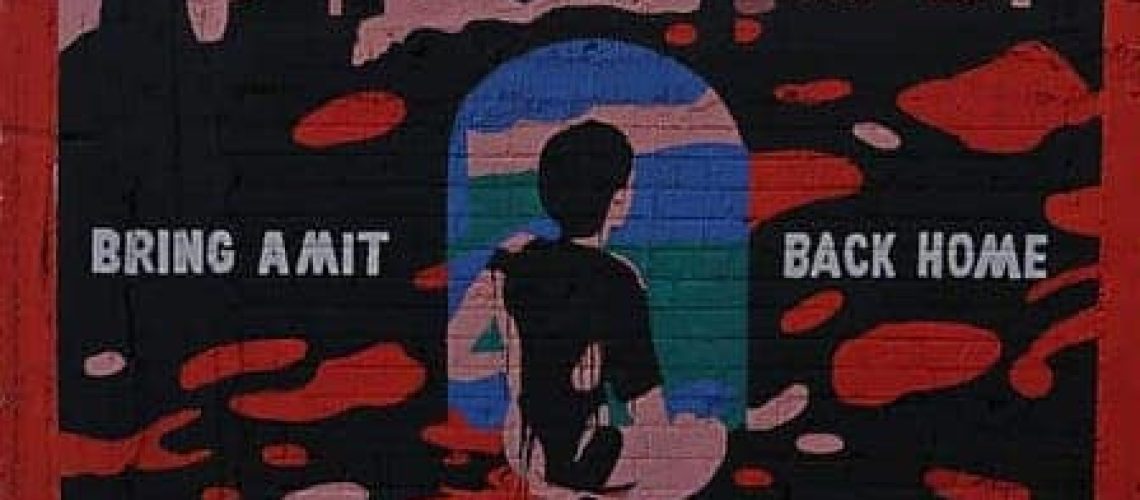Religious, pre-religious, and post-religious prayer
I just returned a couple of days ago from a family visit to Israel. The presence of the war in Gaza was everywhere, even on the sunny beaches in Tel Aviv and the expensive cafés in Jerusalem. There are always contradictions in Israel, people have to be able to hold multiple emotions at once and get on with their lives, but this time it struck me more than before.
What particularly touched me were the signs everywhere with the words “Bring Them Home”, with pictures and names of the hostages. The signs are powerful, of course, but at some point I started wondering whom they were addressed to. Was it me? How can I, Josh, bring these people home from their captivity in Gaza? Of course, on a wider level, there obviously are political objectives for this campaign: internally, it’s important that the return of the hostages remains the priority of the army, and internationally, the plight of the hostages needs to remain in the public discourse. For any of this to happen, the message has to be seen and heard by the decision-makers. But some of the ‘Bring Them Home’ signs, especially the stickers or the graffiti scrawled on bus-stops and street signs, didn’t seem to be addressed to politicians or to anybody at all. ‘Free Hersh!’ ‘Free Eviatar!’ ‘Bring Alex home!’ ‘Bring Noa home right now!’ More than a political strategy, these signs sounded like a cry of despair to the universe, and perhaps a prayer too, in the most raw and primal sense of the word.
This week’s parasha speak of the Israelites quick transformation from welcome guests in Egypt to unwanted foreigners, oppressed physically and mentally. The boys are killed, the adults are worked as slaves, and the public discourse is constructed so that the Israelites are always suspect “for in times of war, they will surely join our enemies, fighting against us, rising out of the ground.” (Exodus 1:11)
The spirit of the people of Israel seems to be broked. Many midrashim speak of the lack of will to procreate and bring new children into the world, for it is better not to be born than to suffer so much. But even without the midrashim, we hear the cries of despair — and so, it seems does God. At the end of the second chapter of Exodus, there are three cryptic verses which form a separate paragraph, interrupting the personal story of Moses.
וַיְהִי בַיָּמִים הָרַבִּים הָהֵם וַיָּמׇת מֶלֶךְ מִצְרַיִם וַיֵּאָנְחוּ בְנֵי־יִשְׂרָאֵל מִן־הָעֲבֹדָה וַיִּזְעָקוּ וַתַּעַל שַׁוְעָתָם אֶל־הָאֱלֹהִים מִן־הָעֲבֹדָה׃ וַיִּשְׁמַע אֱלֹהִים אֶת־נַאֲקָתָם וַיִּזְכֹּר אֱלֹהִים אֶת־בְּרִיתוֹ אֶת־אַבְרָהָם אֶת־יִצְחָק וְאֶת־יַעֲקֹב׃ וַיַּרְא אֱלֹהִים אֶת־בְּנֵי יִשְׂרָאֵל וַיֵּדַע אֱלֹהִים
It was, many years later, that the king of Egypt died. But the Children of Israel groaned from the servitude, and they cried out; and their plea went up to God, from the servitude. God hearkened to their moaning; God recalled his covenant with Avraham Yitzhak and Yaakov; God saw the Children of Israel; God knew.
(Exodus 2:23-25 trans. Everett Fox, modified)
There are many synonyms here, and there is a rhythm here that I hope is conveyed in the translation. Elohim heard and Elohim recalled and Elohim saw and Elohim knew, the effect of artificially repeating the name is to separate each verb and make it a significant step in the process. But even before that there is a subtle transformation that occurs. They moan and they cry from their suffering, and it should have said something like ‘their cry went up to God’. But instead we find וַתַּעַל שַׁוְעָתָם אֶל־הָאֱלֹהִים , and their plea went up to God. This word, shav’a, is a synonym for deep heartfelt prayer. The cry was simply that – a cry of suffering, perhaps without any words, but it was heard as a prayer. And God saw and God knew. What He saw and what She knew isn’t clear and is another discussion, but what is important for me is that the root of the entire relationship is from that primal cry directed at nobody and everybody.
I’ve always been impressed by the idea that prayer precedes religion, and not the other way around. Rav Menachem Froman ז”ל, a fascinating teacher full of healthy contradictions, explains it nicely. I quote:
Sometimes I think that all of theology, all religions, and all words spoken in the world about God – spring forth only from the need to explain the simple instinctual human activity called prayer. A person prays but then he needs to explain to himself to Whom does he pray and what he is doing. Therefore, he calls this by the name of God and builds a complete religious worldview around this. But the core of everything is prayer. (‘Hassidim Laugh About It!’ #179)
I think I like this idea precisely because it’s so counter-intuitive in today’s discourse. Many people think that prayer is something only done by religious people, or more precisely, that prayer is a a stupid irrational thing done by stupid irrational people who erroneously believe in God. Maybe that’s one of the reasons that it’s so hard to explain to secular friends and colleagues why we go to synagogue, and the emphasis we put explaining about community and traditions, and avoid the subject of prayer itself.
Looking at this pre-religious prayer is perhaps a healthy perspective for embarrassed modern Jews. At its core, prayer is secular, prayer is human, prayer is truth. It’s thankfulness, or grief, or longing, or fear, or appreciation. The religious version of all these emotions has a direction, we say things like ‘We thank you’ instead of feeling thankful, we say ‘May You help us’ rather than feeling helpless. But essentially, in theory, it’s basically the same. Perhaps ‘Bring Them Home’ can be understood like this – it’s a pure and honest prayer without the complications of the word ‘You’.
There are problems in both religious and pre-religious prayer, and they can probably each help the other. We all know that ritual prayer can disconnect from real emotions and become empty words and songs. We all know that we sometimes are so caught up in our daily lives that we don’t stop to take the time to feel thankful or helpless or anything at all. Religious prayer, when it works, works both by reflecting our true emotions and by reminding us what we are feeling.
(In Israel last week, I saw the beginnings of discussions in synagogues of the role of the various prayers for soldiers and captives, and the first questions of how long these additions to the prayers will make sense, reflecting what’s on people’s minds and reminding them of the uncomfortable truth of the situation. A few more weeks? Months? Years?)
The Israelites in Egypt shouted because of their suffering, and it was heard as a prayer. One of the kabbalistic traditions sees the whole story of Egypt as galut hadibbur, a time when speech itself was in exile. The people shouted without words, they had a leader who stuttered, they couldn’t construct a narrative for themselves. The Pesach story (Peh Sach, a speaking mouth) is one of finding the words to express the relationship between inside and outside. But there’s an honesty in the cries of helplessness that we might still aspire to, much as we don’t sacralise suffering at all. May our prayers reflect our honesty and lead us towards it.
Shabbat shalom.




